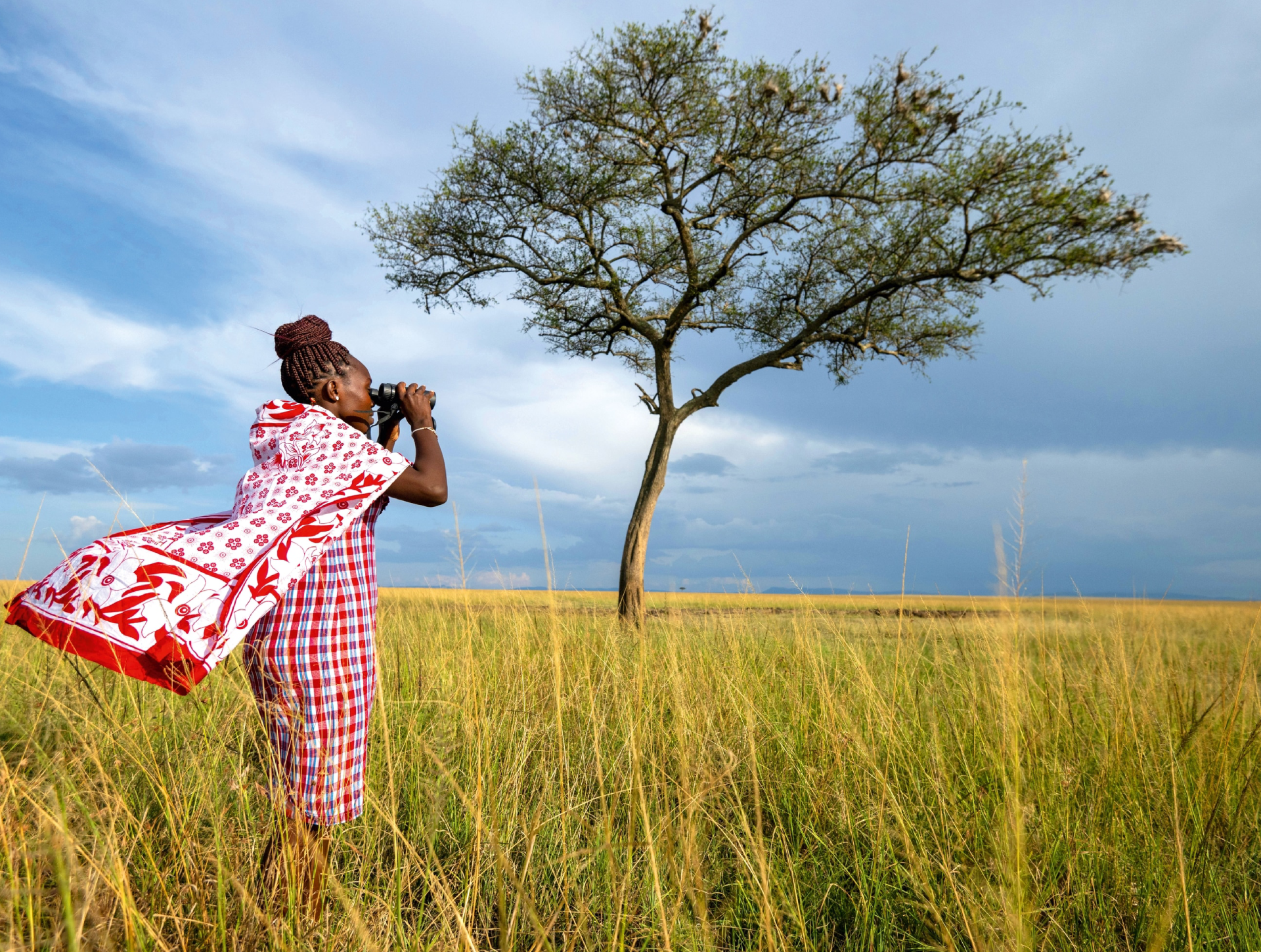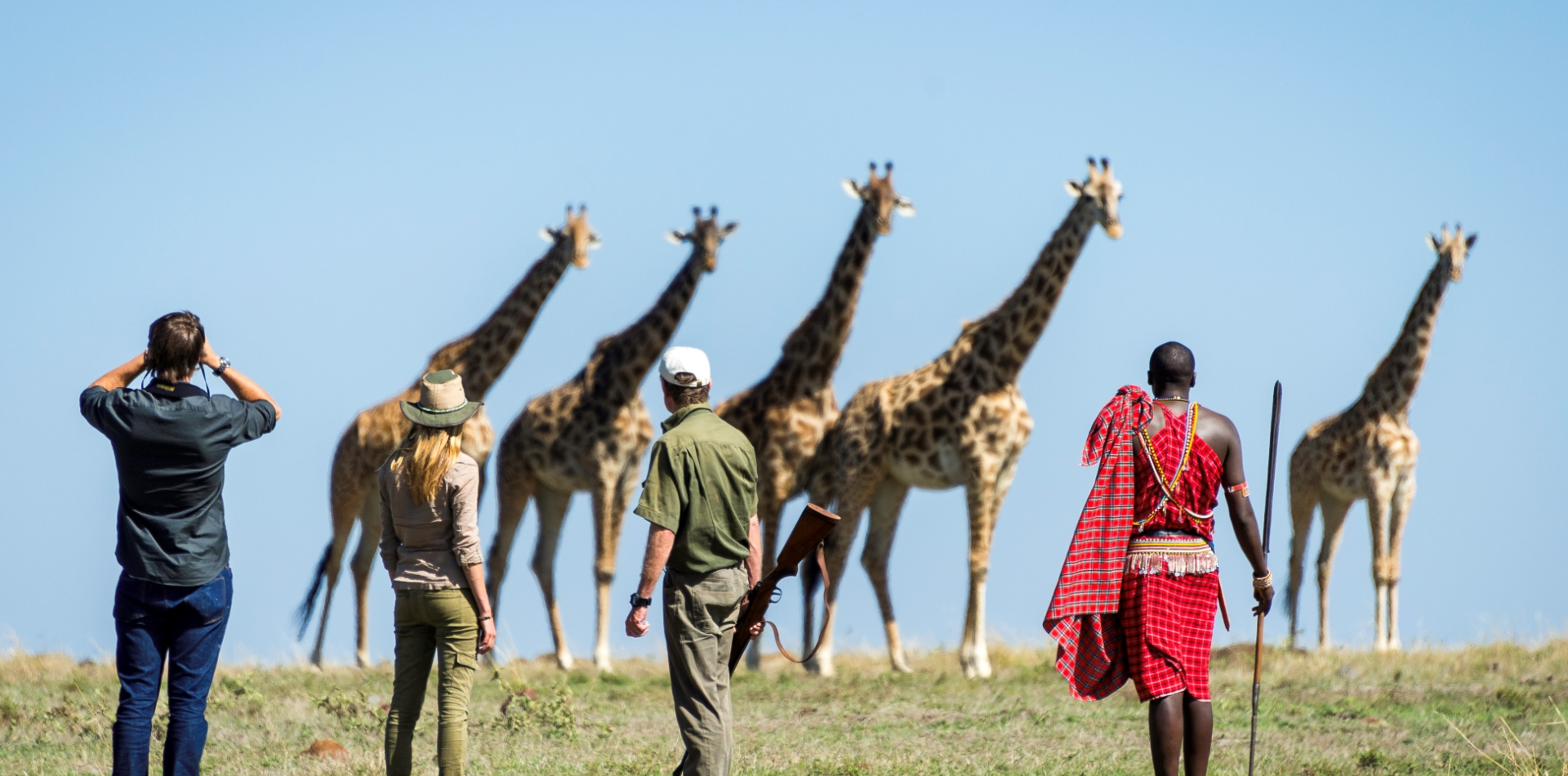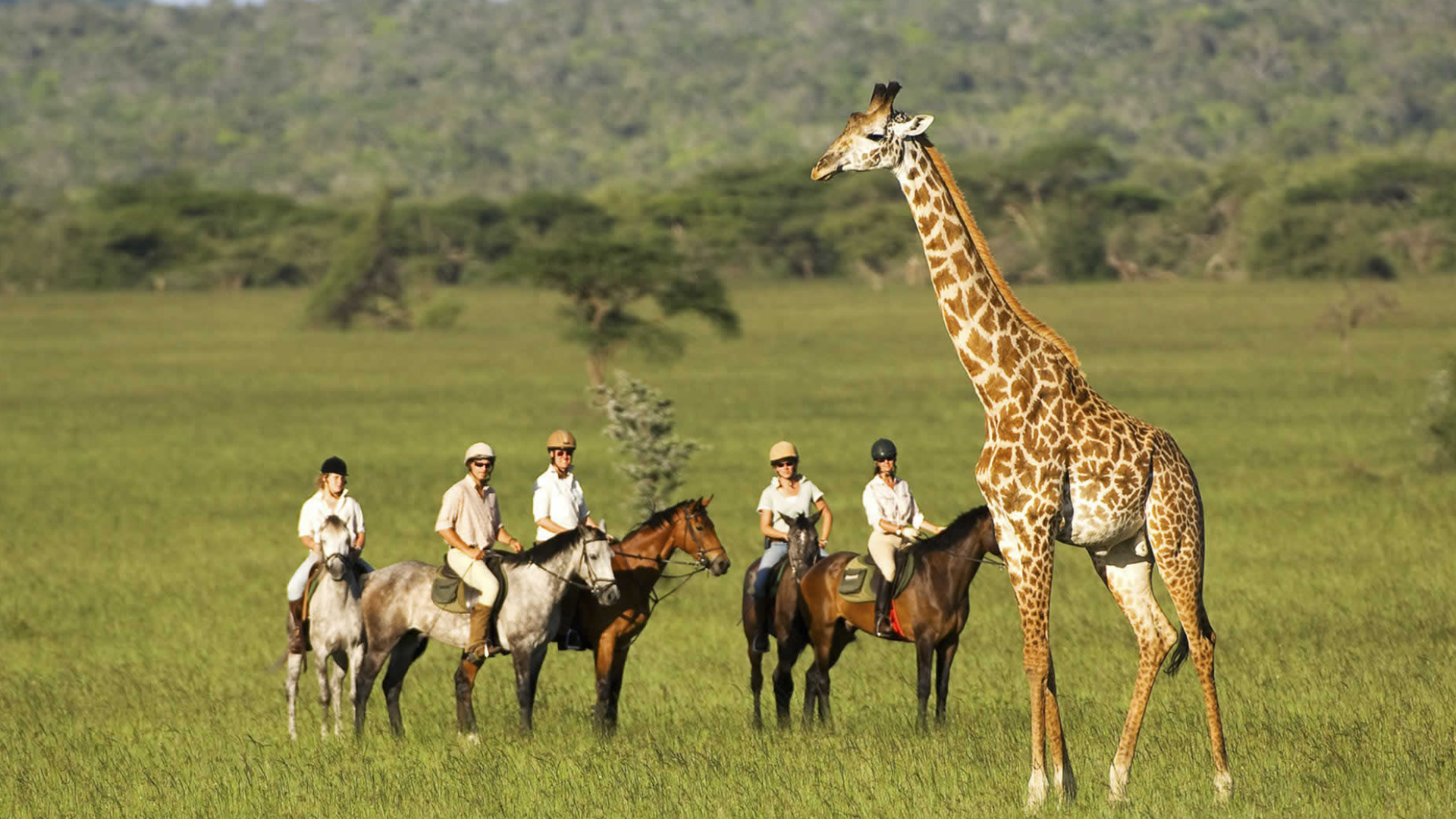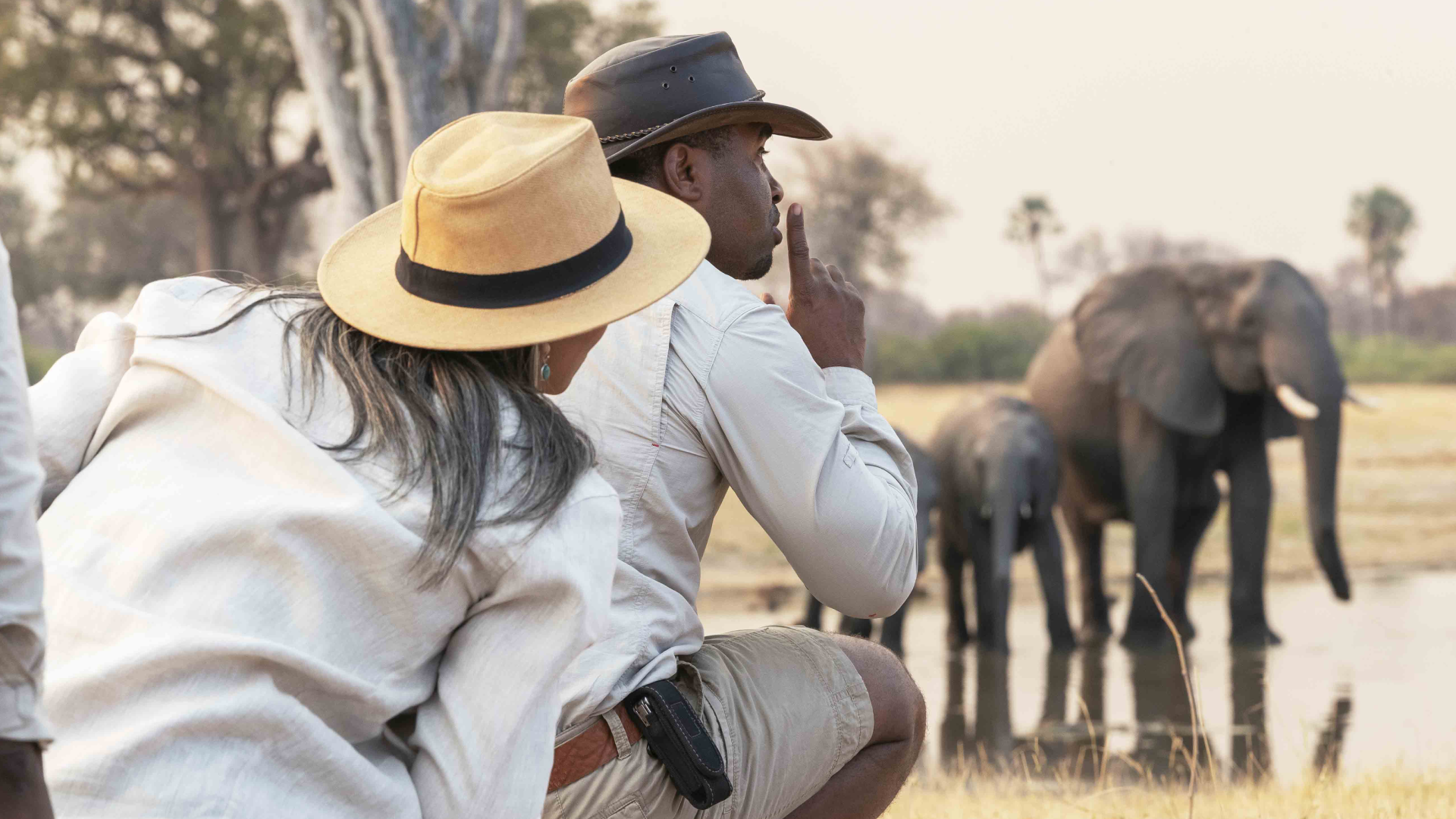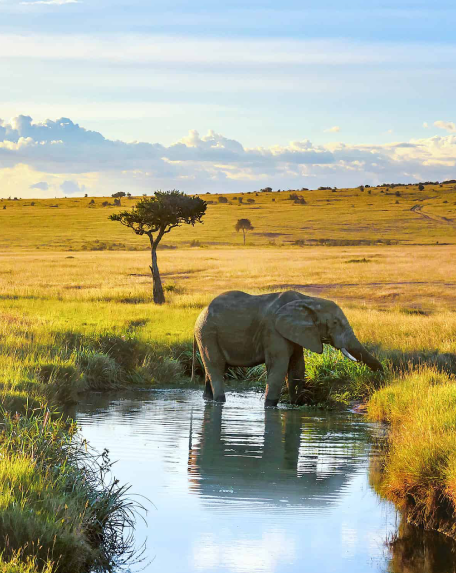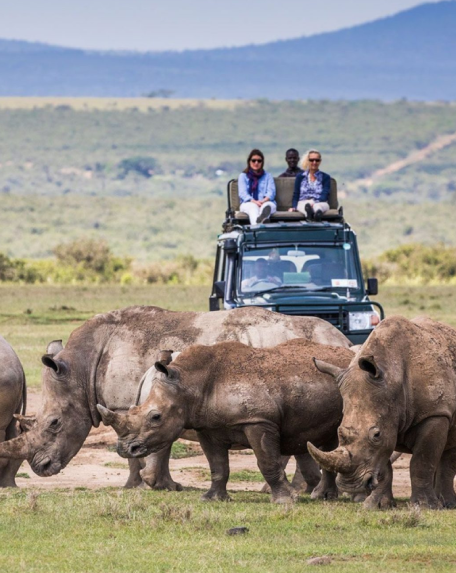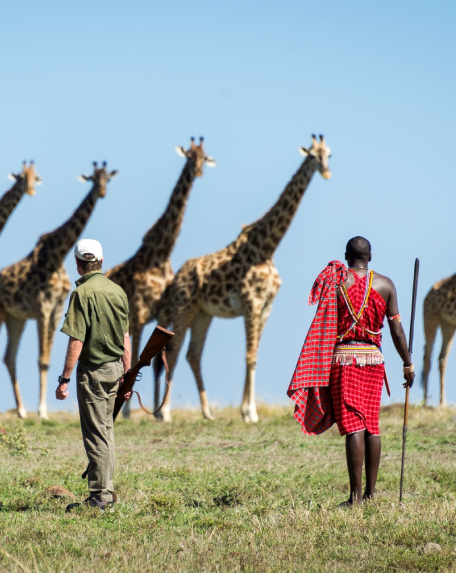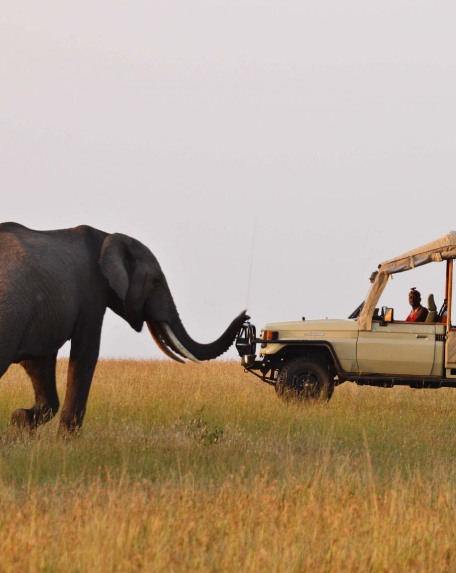A Kenya Safari is a thrilling and life-changing experience, but it's natural to have questions about safety. While Kenya is generally considered safe for tourists, being aware of safety concerns is essential to ensure a worry-free experience.
Your safety and comfort are top priorities when planning your adventure. With the right guidance, a Kenya Safari is not only safe but also an unforgettable opportunity to connect with nature and wildlife in one of the most beautiful places on Earth.
Jemu Expeditions prioritize your safety throughout your Kenya adventure, providing you with important tips and guidance for a secure Kenya Trip.
